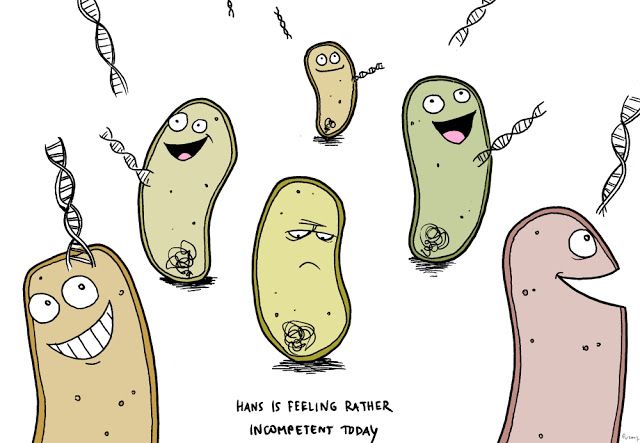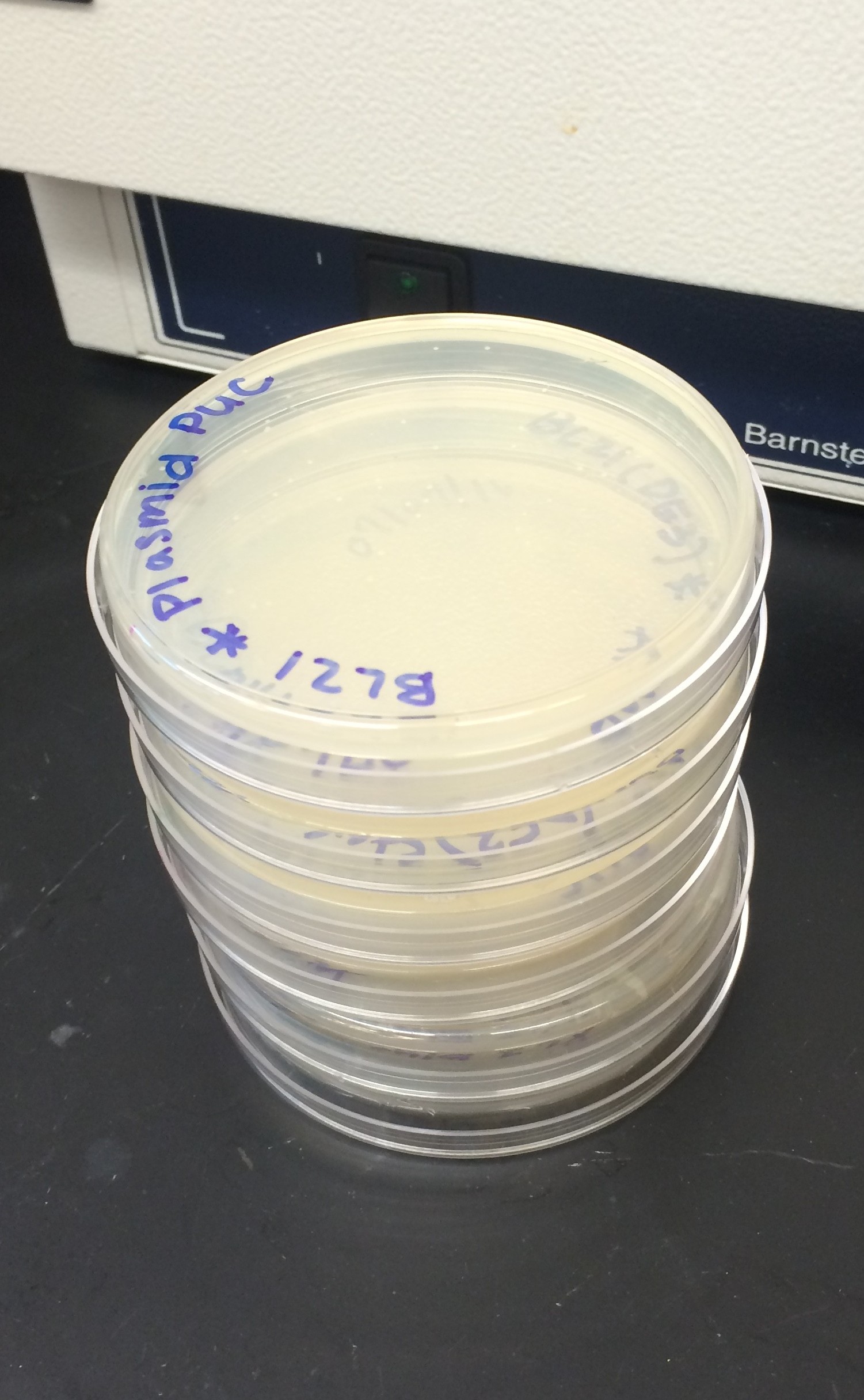One of the most difficult things about starting your own research lab (well, actually starting research in any new location) is getting new protocols up and running. You organize everything as you have done before, work meticulously through the steps of an established protocol, and sometimes it just doesn’t work. Maybe it is the new machine that needs optimization of your fluorescent reagent. Maybe it is a different batch of a solvent that has a contamination. Maybe it is a stronger vacuum pump that causes the rotovap to bump. Maybe it is the humidity in the air. Maybe it is because undergraduate hands are learning the protocol for the first time. Maybe it is the water. Maybe it is the fact that the lab faces north instead of southeast. There are so many things that can go wrong… I’m sure the walls of science buildings everywhere could tell you stories…
But, there are times when a protocol works the first time when you don’t expect it. It is those days that remind you why you love science, why you love teaching, and why this job is one of the best in the world.
~~~~~~~~~~~~~~~~~~~~~~~~~~~~~~~~~~~~~~~~~~~~~~~~~~~~~~~~~~~~~~~~~~~~~~~~~~~~~
Competent cells are necessary for biochemical research. We use them to replicate our plasmid DNA and express our (hopefully) correctly folded proteins of interest. Competent cells are designed to incorporate foreign DNA after some sort of shocking experience (electroporation or heat-shock with salts).

Last summer, I purchased a few sets of competent cells with different purposes but the stocks were getting a little low. To save some money and to expose my student, Maddie, to a new technique, we embarked on the preparation of new competent cells last week. I was hesitant because I remembered the horror of attempting to make pLysS electrocompetent cells in grad school (NOTE: there is a reason they are always chemically competent, the electroporation will turn them into goo!). I was worried we would contaminate the cells, or not keep everything cold, or mess something else up in the process. I was pleasantly surprised that the protocol worked like a charm.
Good work, Maddie!
-JAP


THUMBS UP!!!